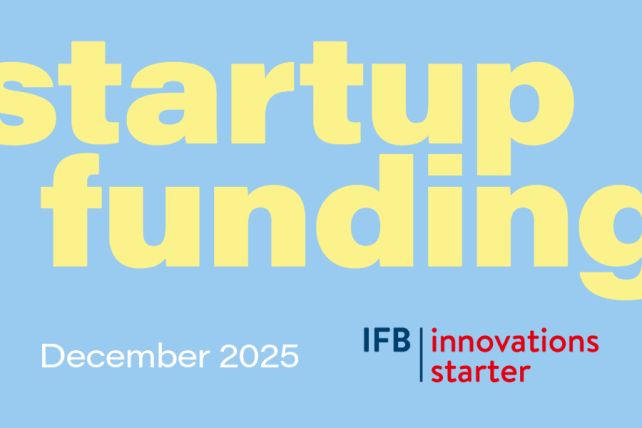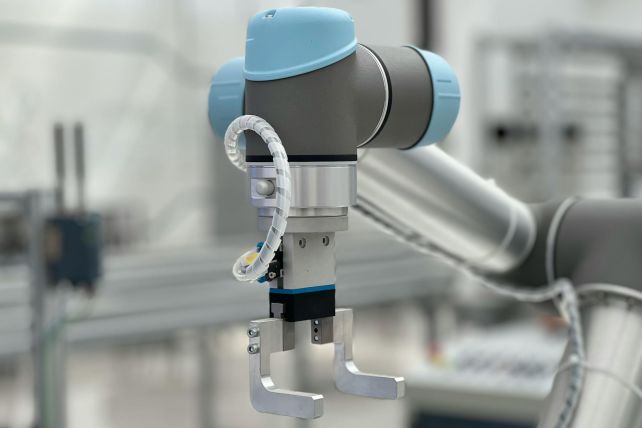EU Commission launches initiative for competitiveness and innovation
A few days ago, the European Commission published the “Competitiveness Compass”. It is intended to show how Europe can become a place where future technologies, innovative services and clean products are invented, manufactured and brought to market. Much of the paper is also relevant for startups.

Closing the innovation gap
Three central areas of action are mentioned. One of them deals with the topic of innovation. The Commission's concrete initiatives include “Apply AI” and “AI Gigafactories” to drive the adoption of AI by industry. It will also present action plans for advanced materials, quantum, biotechnology, robotics and space technologies. In addition, there is a special EU strategy for startups and scaleups, which deals with the obstacles that prevent companies from starting up and growing. The aim is to simplify existing regulations, including relevant aspects of company, insolvency, labour and tax law. This should enable companies to benefit from a single set of rules wherever they invest and operate in the single market.
The EU wants to help reduce high and fluctuating energy prices through an action plan for affordable energy. It wants to present a competitive approach to decarbonisation with its Clean Industrial Deal, while a law to accelerate industrial decarbonization provides for a shortened approval period for sectors in transition. It also wants to launch action plans for energy-intensive sectors such as steel, metals and chemicals.

Reducing excessive dependencies and increasing security
The EU's ability to diversify and reduce dependencies will depend on effective partnerships. The EU already has the largest and fastest growing network of trade agreements in the world, covering 76 countries that account for almost half of EU trade. A series of new clean trade and investment partnerships will help secure supplies of raw materials, clean energy, sustainable fuels and clean technologies from around the world. In the context of the single market, the revision of public procurement rules should enable the introduction of a European preference in public procurement for critical sectors and technologies.
The core statements of the Competitiveness Compass can also be summarized in these five sentences:
Simplification by drastically reducing the regulatory and administrative burden on firms
Lowering barriers to the Single Market through its Horizontal Single Market Strategy
Financing competitiveness by establishing a European Savings and Investment Union
Promoting skills and quality jobs through a Union of Skills
Better coordination of policies at EU and national level by introducing a Competitiveness Coordination Tool.








